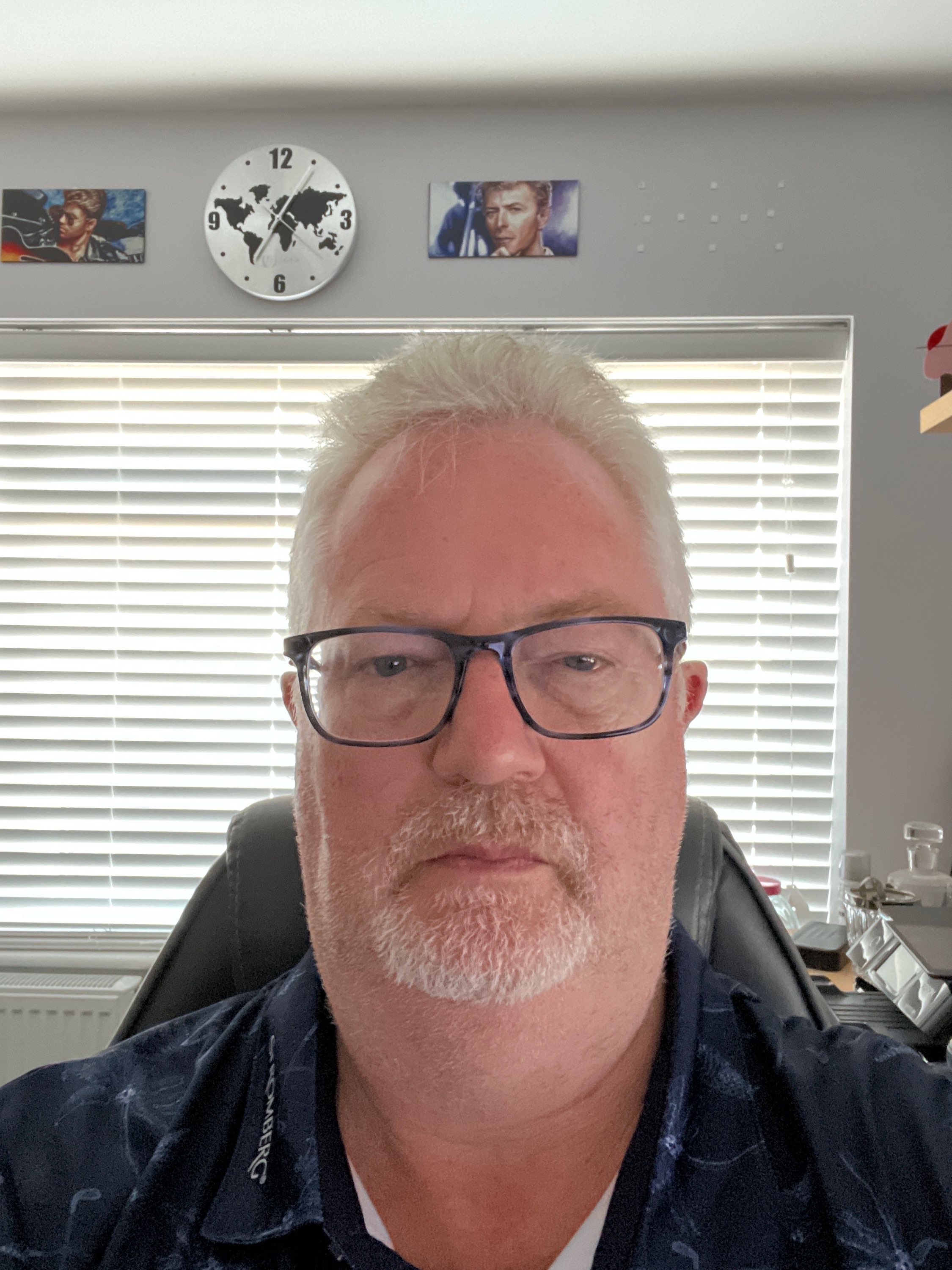KISPE Space joins SPRINT to develop proton testing campaign for new microsatellite technologies
- Satellite Evolution

- Jan 21, 2021
- 2 min read
KISPE Space Systems Limited, a Farnborough-based programme execution and systems engineering company, in collaboration with the University of Surrey, is making detailed preparations for a comprehensive proton-testing campaign on its next-generation microsatellite platform microelectronics. These tests will enable the company to continue the development of the platform and drive the commercialisation of the microprocessors for future, low-cost small-satellite missions.

SPRINT, the national business support programme, will fund the detailed planning and preparation for comprehensive proton testing campaign and enable KIPSE Space to develop virtualised environments for collaborators to develop solutions based on these processors and initiate evaluations of a new group of commercial processors for additional mission applications.
This new project follows on from the first SPRINT project where KISPE Space collaborated with the Surrey Space Centre (SSC) at the University of Surrey to evaluate and downselect low-cost microprocessors that can be used in the next wave of new, small-satellite missions; test results from the project will be publicly released in the first quarter of 2021.
This second project will be co-funded by KISPE and a grant from the £5 million SPRINT (SPace Research and Innovation Network for Technology) programme that provides unprecedented access to university space expertise and facilities. SPRINT helps businesses through the commercial exploitation of space data and technologies.
Dr. John Paffett, KISPE Space Founder and Managing Director said: “We want to ensure that our space systems are robust in order to promote environmental and business sustainability.
“This new SPRINT project with the University of Surrey team will position us to extend our knowledge of how these low-cost microprocessors perform in a representative space environment and increase our confidence in baselining them in our clean-sheet microsatellite design. Through this academic collaboration, the University will underpin our commercialisation efforts with their rigorous research and state-of-the-art facilities.”
Dr. Keith Ryden, Reader in Space Engineering at SSC and the Principal Investigator for this project from the University of Surrey added: “This is another example of SSC’s outreach to UK space companies who can benefit from our knowledge of the space radiation environment and its impact on microelectronic technology. We gain immensely too by learning what engineers in the space industry are looking to do next and seeing how the latest technology performs under realistic space test conditions.”



Comments